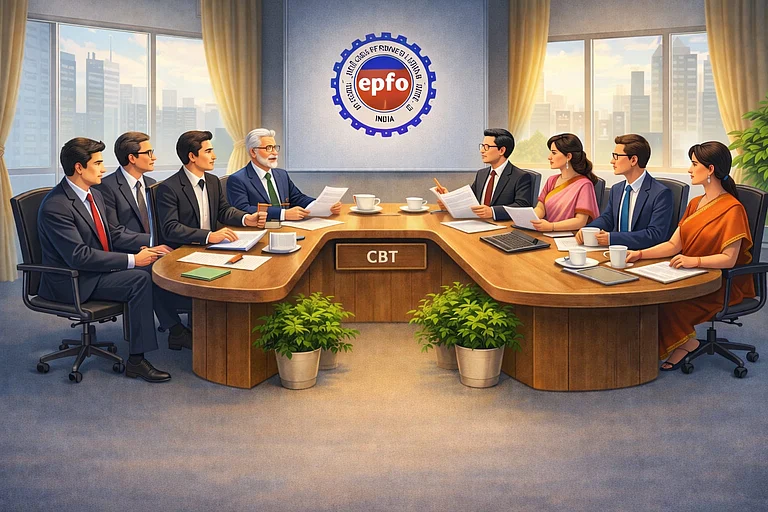Pink Tax is commonly used to describe a situation wherein things associated with women are priced higher than those with men. Generally speaking, women pay more than males for similar items. The pink tax is not enforced by the government but by the businesses selling the products. According to experts, the pricing disparity is due to market forces.
According to a study by the New York City Department of Consumer Affairs in 2015, women's products are typically more expensive than men's without a proper reason. The study concluded that products explicitly marketed for women cost seven per cent more on average than products sold for men. This discrepancy includes apparel, toys, and healthcare products, among other things. The largest discrepancy came to personal care/hygiene products, where women's products cost 13 per cent more than men's.
Several countries have investigated the pink tax, including Argentina, France, Germany, the UK, Australia, and Italy. For example, in the UK, it was found that women and girls were being charged, on average, 37 per cent more for toys, cosmetics, and clothes than their male counterparts. In the UK, girls' school uniforms were also 12 per cent more expensive than boys' uniforms. In Singapore, a check by the Sunday Times on 10 companies found that women pay more for some products and services, such as dry cleaning and razors, offered by around half of these companies. Additionally, women in Singapore have to pay more premiums for Careshield Life, a national long-term care insurance scheme introduced by the government.
Instances Of Pink Tax In India: Examples of pink tax in India include salon services, personal care goods such as shampoos, soaps, and deodorants, as well as clothing, toys, and accessories such as jewelry. Presently, women are heavily exploited by vegan products and non-animal-tested cosmetics that are significantly more expensive, a form of taxation.
Is It Unfair For Women? "The pink tax is not against the law in India and many other nations. Nonetheless, charging women more than men for identical goods is discriminatory. While other governments have taken action to end the practice of "pink tax," India is yet to do so," says Suneel Dasari, founder and CEO, EZTax.in, an online income tax filing portal.
"Brands would be motivated to normalize their marketing and pricing strategies if women gained a better understanding of the effects of the pink tax through consumer education and awareness campaigns aimed towards women," adds Dasari.
We could only request the government to take certain steps in this direction and eliminate the discrimination against women on this front. This would certainly give women a sense of equality and increase their purchasing power.














